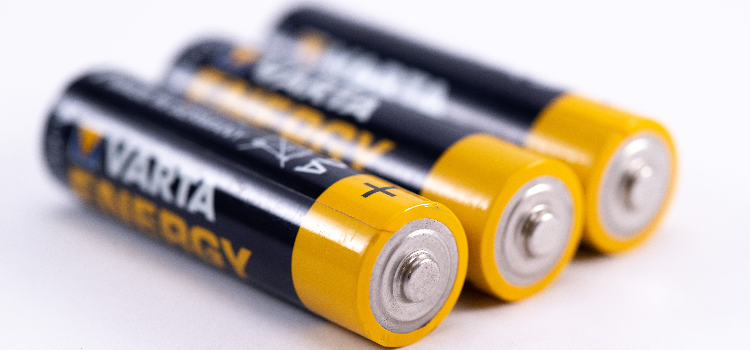Lithium bis(trifluoromethanesulphonyl)imide, often abbreviated as LiTFSI, is a lithium salt that is commonly as an electrolyte in lithium-ion batteries and other energy storage devices. It has gained significant attention in the field of electrochemistry and energy storage due to its superior electrochemical and thermal stability compared to other lithium salts.
Lithium bis(trifluoromethanesulphonyl)imide main applications is as below.
Lithium bis(trifluoromethanesulphonyl)imide use for Lithium-Ion Batteries
Lithium bis(trifluoromethanesulphonyl)imide is an electrolyte additive in lithium-ion batteries to improve their performance and stability. It helps enhance the safety and cycling performance of lithium-ion batteries, which makes them more reliable and long-lasting.
Supercapacitors
Lithium bis(trifluoromethanesulphonyl)imide has also been explored for use in supercapacitors, which are energy storage devices that can deliver high power quickly. Its use in supercapacitors helps improve their energy density and cycling stability, thereby making them more efficient for various applications, including electric vehicles and renewable energy systems.
Electrolyte Additive
LiTFSI is an additive in various electrolyte formulations to enhance the stability and conductivity of electrolyte solutions in different electrochemical applications, including lithium-sulfur batteries, lithium-air batteries, and other advanced energy storage systems.
Energy Storage Devices
Apart from lithium-ion batteries and supercapacitors, LiTFSI has shown potential for use in various other energy storage devices, such as lithium-metal batteries and solid-state batteries. Its stable nature and good ionic conductivity make it a promising candidate for improving the overall performance and safety of these advanced energy storage technologies.
Electrochemical
LiTFSI finds applications in a range of electrochemical processes, including electroplating, electrodeposition, and electrochemical synthesis. Its use in these processes helps improve the efficiency and stability of various electrochemical reactions, making it a valuable component in research and industrial settings.



